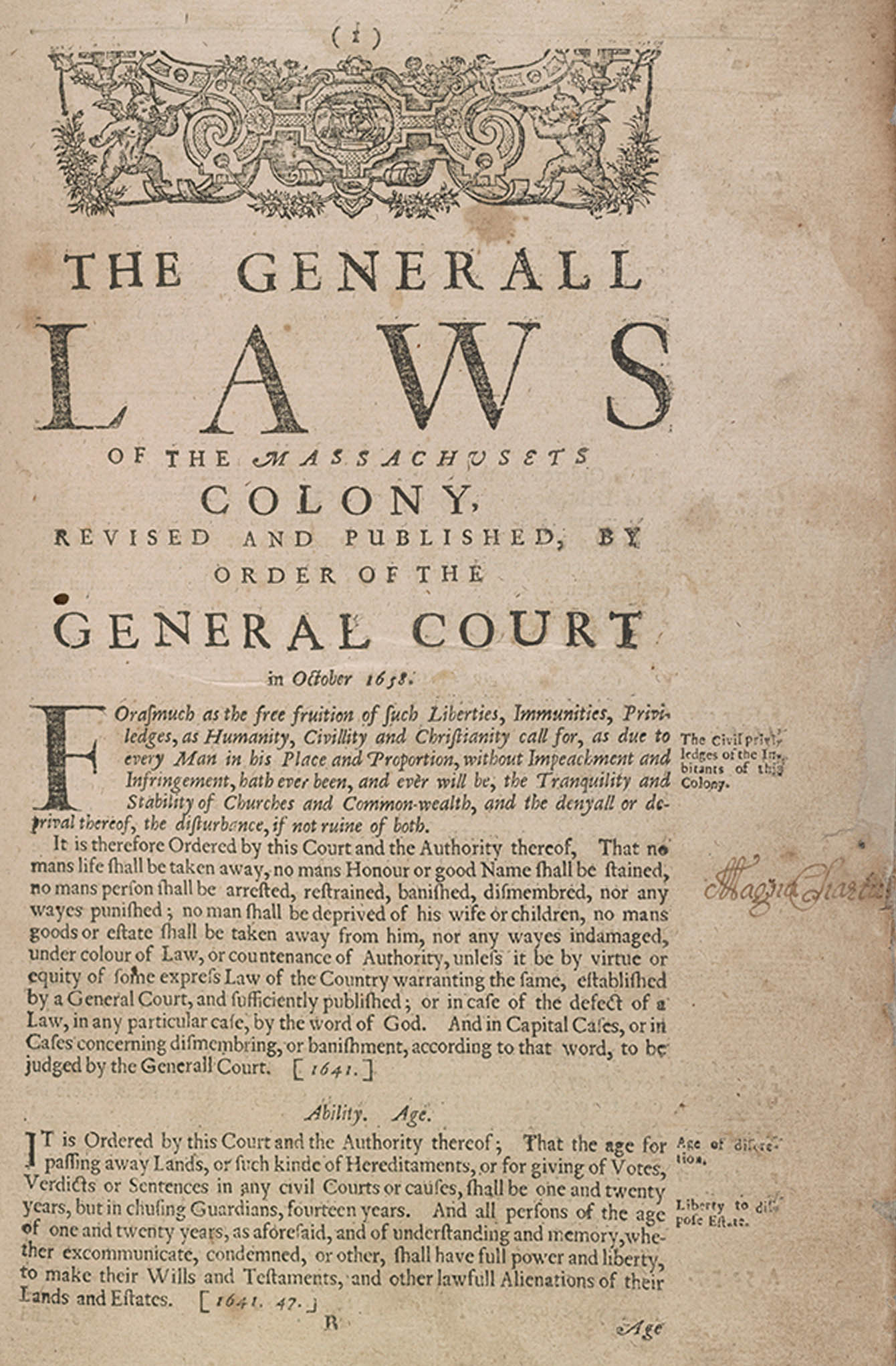Africans
When European colonizers found that they could not build a sustainable workforce with Native American captives or indentured Europeans, they expanded their trade relationships with Africa in pursuit of a new source of labor.
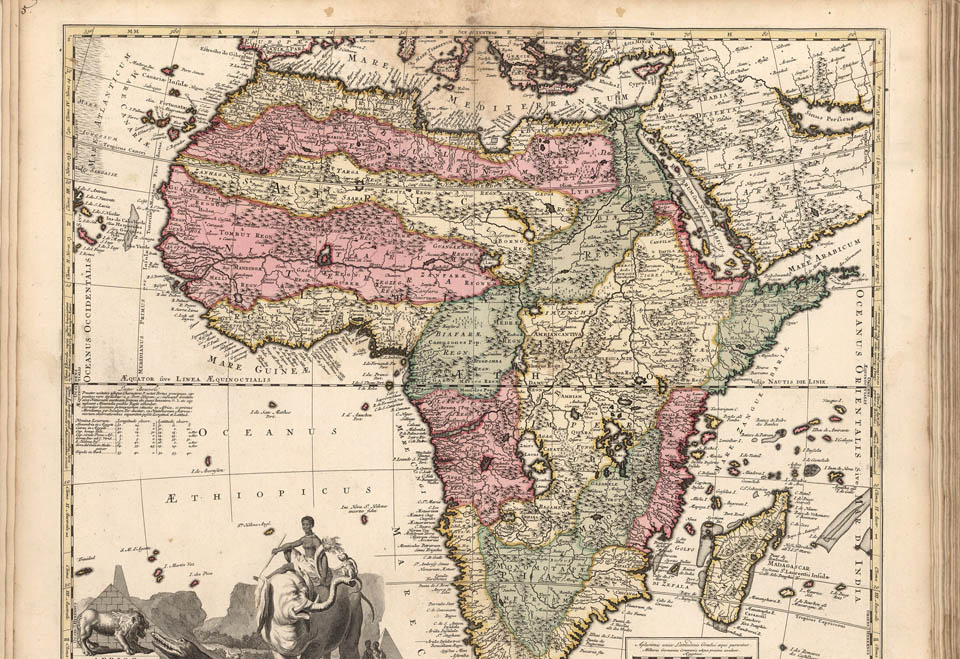
Africa was not new to Europeans.
African civilizations were large, well-organized, and open to trade. Egypt had profoundly influenced Greek and Roman culture, sub-Saharan Africa had been trading with Europe since the 1100s, and West African coastal empires were familiar to Europeans since the mid-1400s.
For centuries, European traders negotiated with these empires, and shipped textiles, metalware, weapons, and gunpowder in exchange for gold, ivory, and prisoners of war.
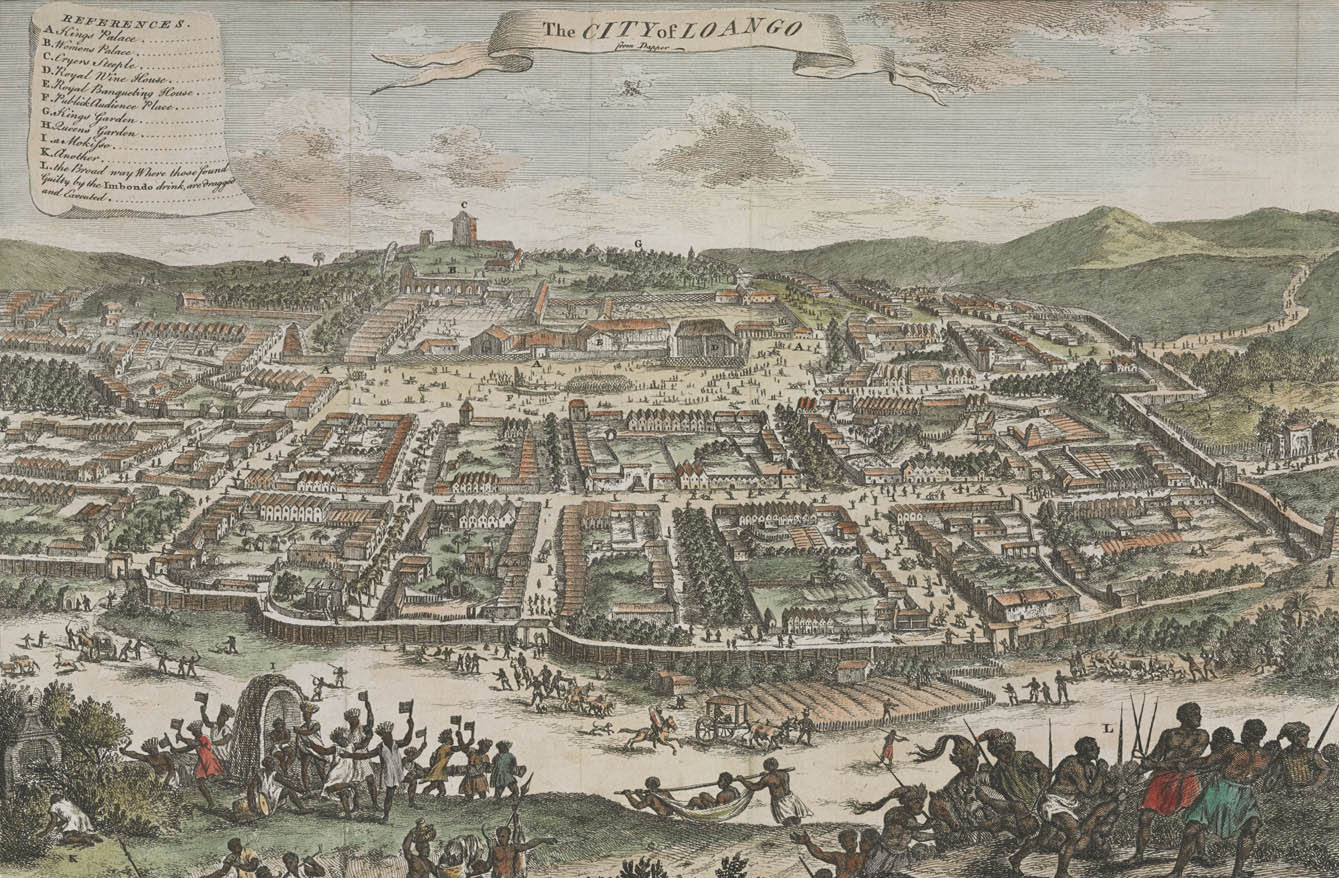
Seventeenth-century African culture was highly developed and diverse. Because of the continent’s varied natural resources, some kingdoms were skilled in cultivating grain and building irrigation systems, while others smelted metalwares and wove intricate textiles.
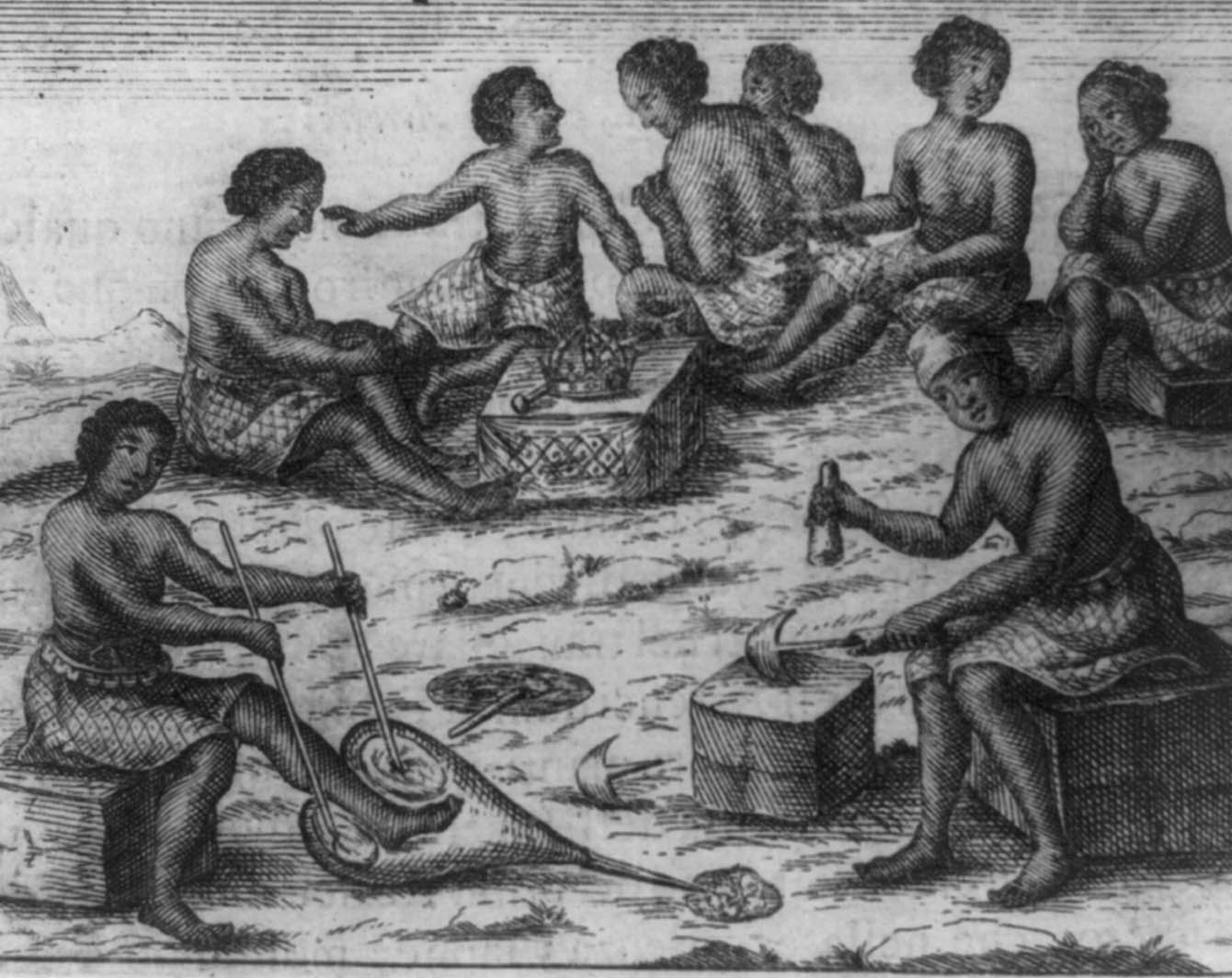
The first documented sale of African prisoners of war in North America occurred in Jamestown, Virginia in 1619, when settlers took possession of African captives from a British warship in exchange for food. Shortly thereafter, northern colonists also began purchasing prisoners from African empires to build their settlements. Those in power soon discovered that the knowledge and expertise of African captives could be exploited to benefit the colonial economy.
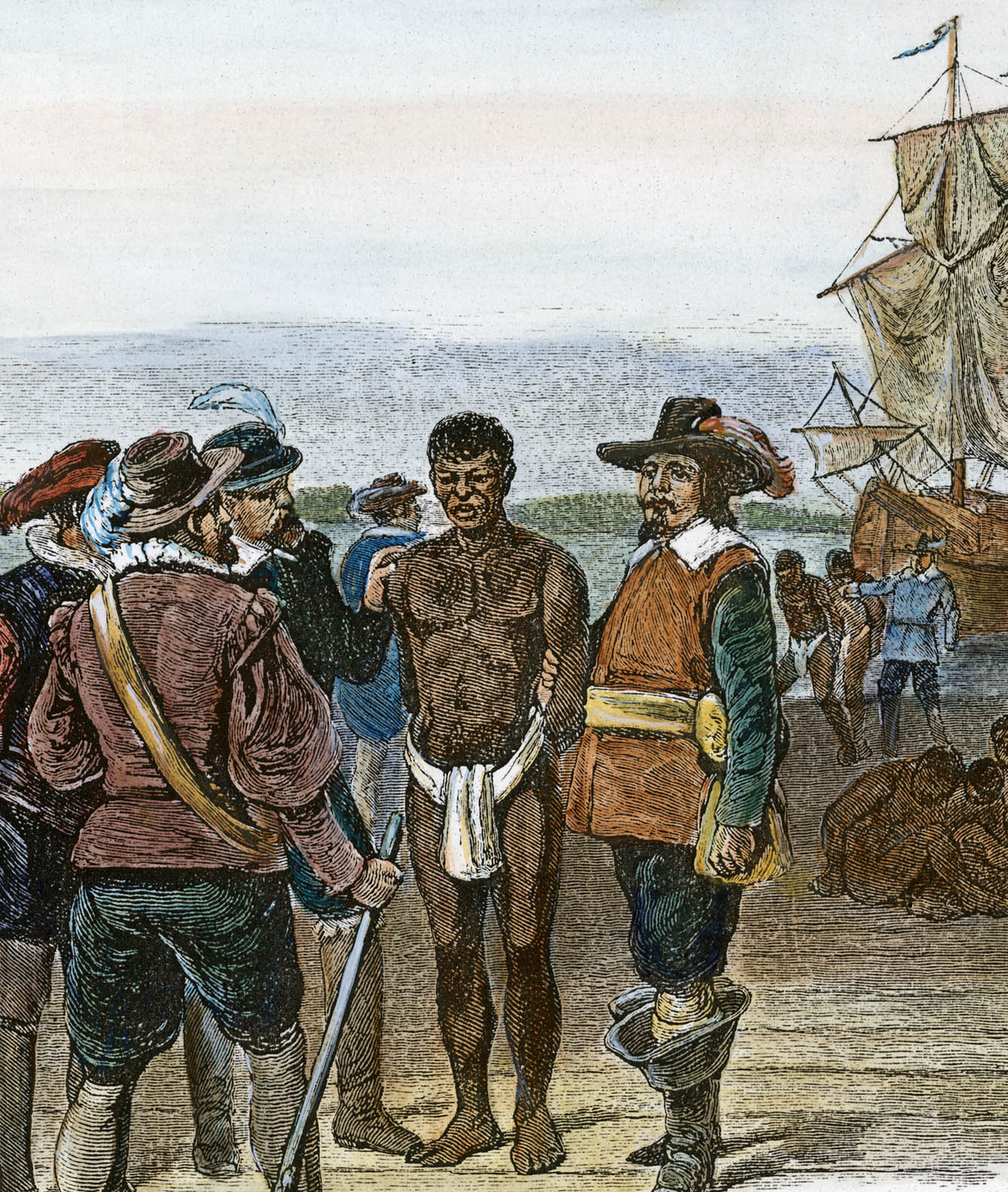
Unlike European indentured servants, Africans could not petition colonists for improved labor conditions. Unlike Native Americans, they could not simply flee, because their home was on another continent.
In addition, most sub-Saharan Africans differed in appearance from both Europeans and Native Americans. This physical difference made escape from captivity in the colonies nearly impossible.
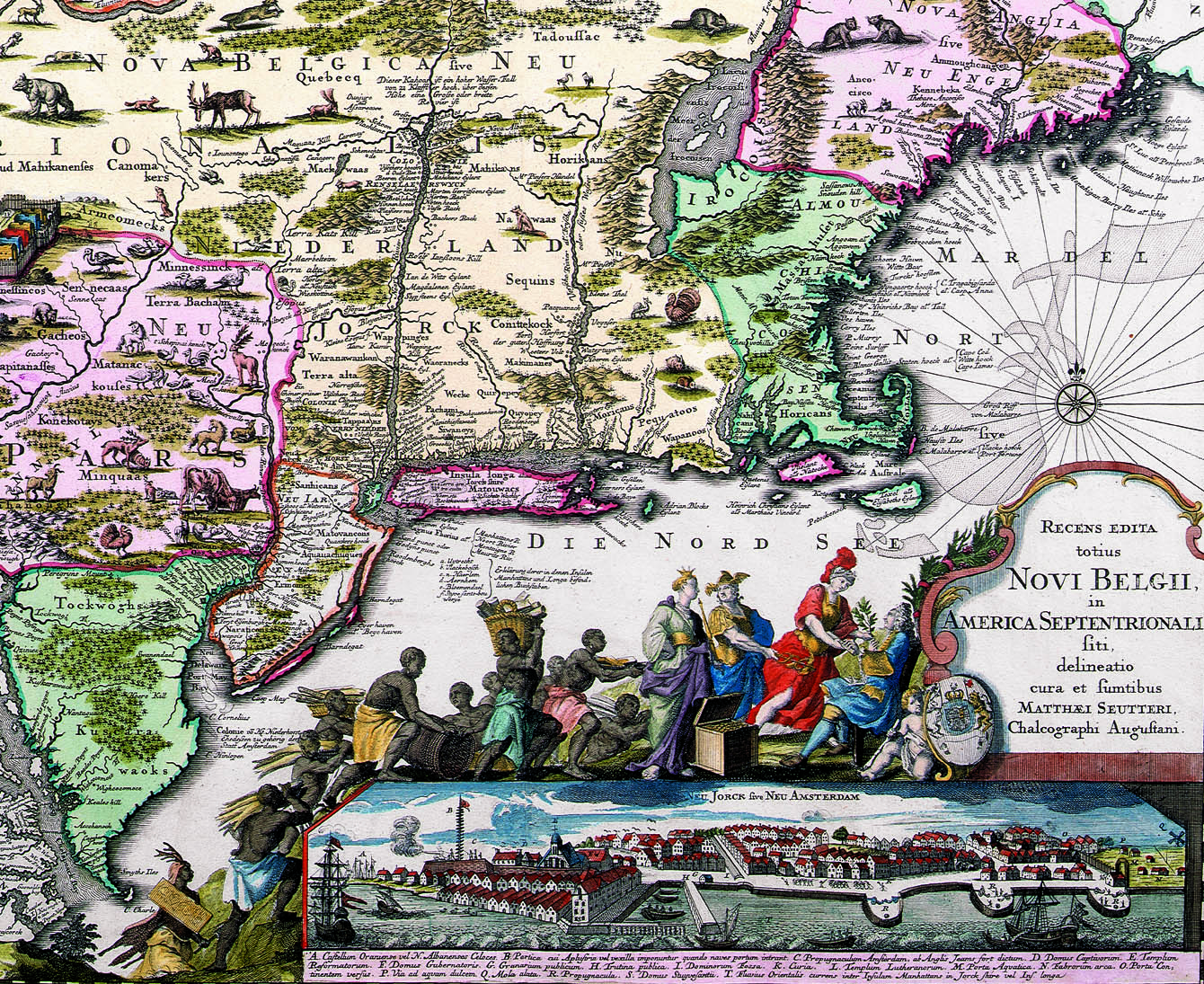
For these reasons, the practice of enslaving Africans was quickly adopted throughout the North American colonies. By the 1640s, it became a system of permanent labor.
All that remained was for slavery to be written into law.
